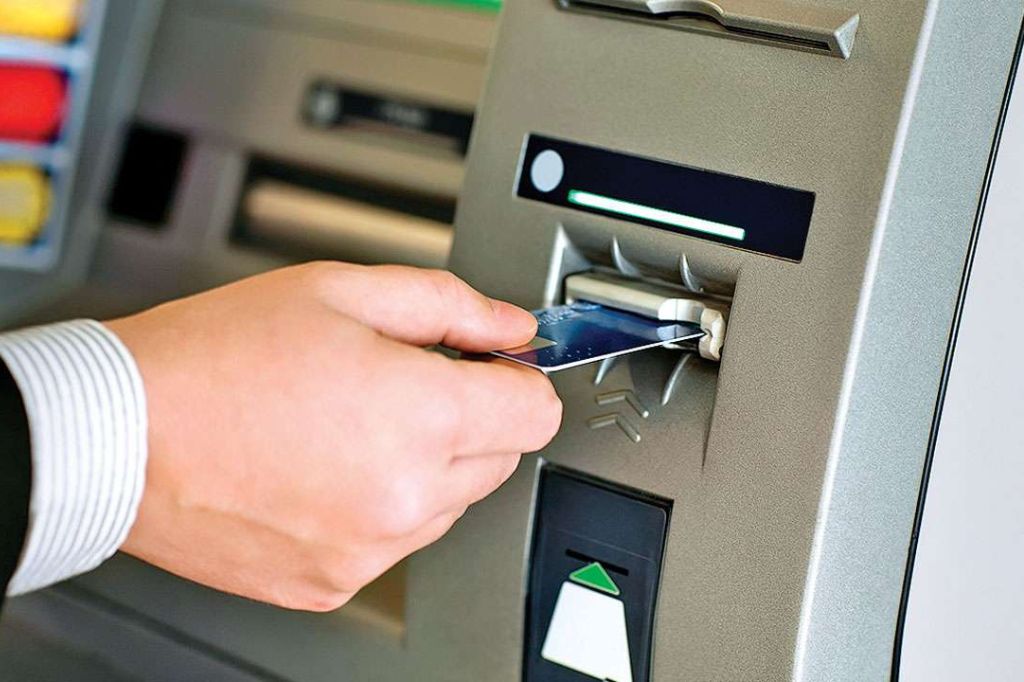The Reserve Bank of India (RBI) has announced that starting today, May 1, customers will be charged a maximum fee of Rs 23 per transaction for ATM banking services.
Previously, the amount was set at Rs 21 per transaction. The revised framework for ATM transaction charges comes after the RBI said that it would allow banks to increase ATM withdrawal charges for transactions exceeding the free usage limit.
“Beyond the free transactions, a customer may be charged a maximum fee of Rs 23 per transaction. This shall be effective from May 1, 2025,” the RBI notice read.
The new rule is applicable to all commercial banks, including regional rural banks (RRBs), co-operative banks, authorised ATM network operators, card payment network operators, and white-label ATM operators.
Starting May 1, customers will be entitled to five free transactions (both financial and non-financial) each month from their own bank’s ATM, and another three from other banks in metro cities. In non-metro cities, aside from the five free ATM transactions at your own bank, you get another five transactions at other banks, as per RBI guidelines.
What happens if you exceed free limits?
If customers exceed their monthly fee transaction limits, banks are allowed to charge a maximum of Rs 23 per transaction. This cap applies to both financial (money withdrawal, deposit, etc.) and non-financial (checking balance, change of PIN, etc.) transactions. According to the RBI, these charges also apply to Cash Recycler Machines (CRMs), except when you are depositing cash.
ATM interchange fee
The RBI stated that the ATM interchange fee will be decided by the ATM network. At present, the interchange fee per transaction is Rs 19 for financial transactions and Rs 7 for non-financial transactions in all centres.







